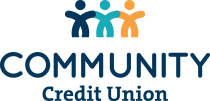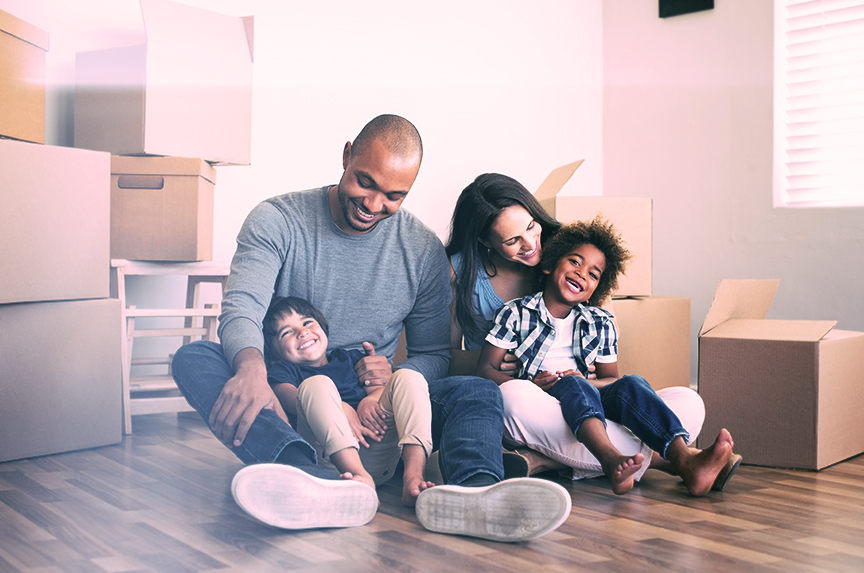When buying a home for the first time, the down payment can be one of the biggest concerns for a new homeowner. A down payment, a percentage of the total price of the home paid at the time of purchase, can range widely—from 20% down to 0%. The average down payment tends to be much lower on this range, however; while many people pay about 10% down, the average is just 6%, with potential for even 0% down for those who qualify. Although paying off a certain amount of your home upfront has a few benefits, such as avoiding or shortening the time one spends paying mortgage insurance (PMI), paying for a home with 0% down also has its own perks; avoiding the risks of a large down payment and being able to keep savings close by for life’s unexpected twists and turns. Buying a home with no money upfront doesn’t have to be a daunting task, however—if you’re asking yourself how to buy a house with no money down, read on—there are many options available to you.
For loans that are truly 0% down, your best options are either a VA loan or the USDA loan. A VA loan, or Veterans Administration loan, requires no down payment for qualified individuals. Those in active service will need to serve for 90 days before they qualify, and those who served in the past will need to show 2 years of active duty or six cumulative years in the National Guard or Reserves—and all will need a credit score of at least 620. Other than an upfront fee of about 2.15% at the time of purchase, neither insurance nor a down payment is required, and if the individual is receiving benefits from injury, even this rate will be waived. If the VA loan is a feasible option, it is an excellent option for those wishing to buy with no money down.
For someone without service experience, a USDA loan might prove to be a better option. This loan also goes by the name of a Rural Development (RD) or Rural Housing loan, and the qualifications for this loan are twofold— the property must be considered within rural or some suburban areas, and the buyer’s income must equal or be less than 115% of the area’s average income. If unsure, check the status of the property for eligibility. Expect an upfront fee of about 1% and a 0.35% payment per year of the loan balance—a $150,000 loan would therefore need $1,500 down with a monthly payment of about $44 a month. Credit scores should also be about 640 or above to qualify. If your desired location is far from the city center, strongly consider applying for a USDA loan.
If neither of these options are available to you, don’t worry—there are still many options available with either no or a very low down payment. One of the best low-down-payment options is the Conventional lLan. With a down payment between 3-5%, these payment plans will require you to purchase additional insurance, but you will be able to cancel when you reach 20% equity. Prepare to show that you have about six months’ worth of savings in store and a credit score of at least 660. With a credit score in good shape, the Conventional Loan can also prove to be an excellent option.
For lower credit scores, an FHA loan is also a good route to take—in fact, about 40% of buyers 37 and younger opt for this loan. Although you will need to purchase insurance (and it cannot be dropped after achieving 20% equity), the down payment can be as low as 3.5% with a credit score of 580 or above. Expect an upfront fee of about 1.75% as well. Many refinance after 20% equity and switch to a conventional loan, allowing insurance to drop off after that.
Finally, don’t forget to consider individual banks or credit unions. Many have their own lending options, and some can be comparable or even better than the standard options, allowing homebuyers their own low or no down payment loans. Get to know what type of plan and rates would most be suited to you, and if one does not work, keep trying.
For those who ask how to buy a house with no money down, it’s not only feasible, but likely that you will find one exactly suited to your needs, enabling you to be well on your way to enjoying your new home.

